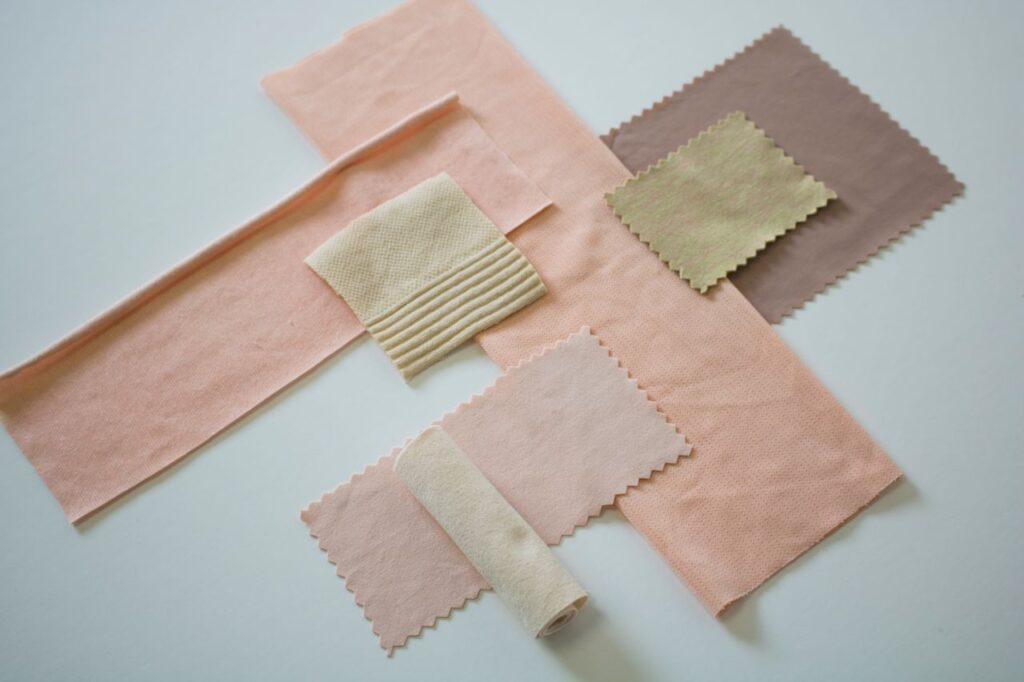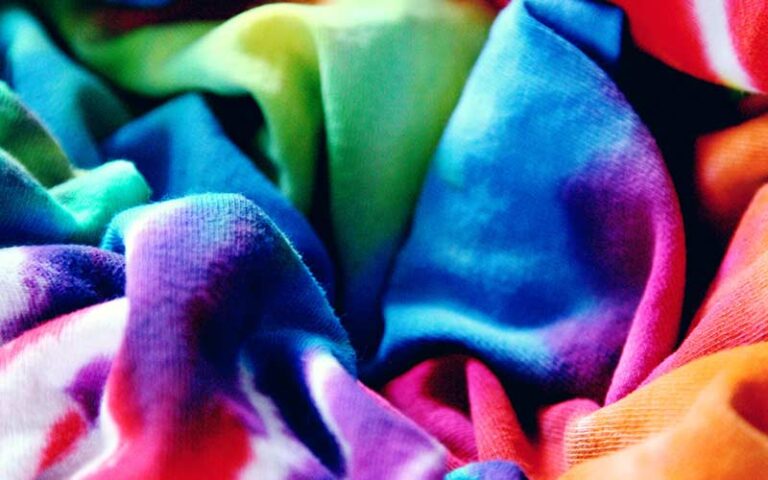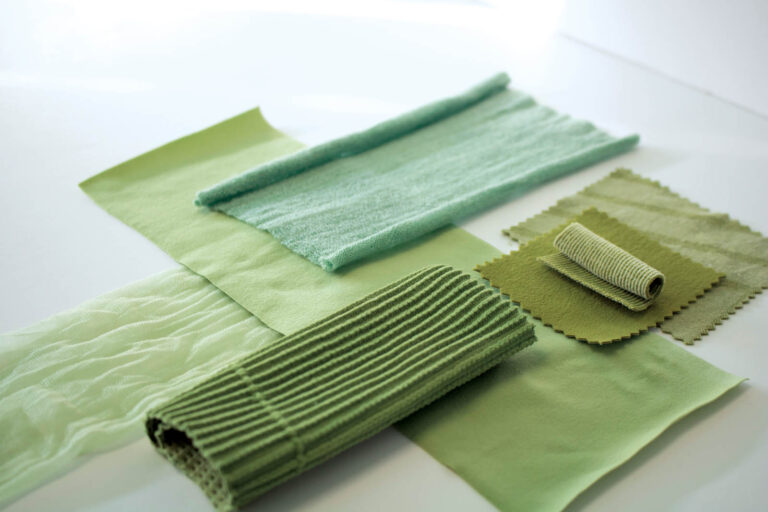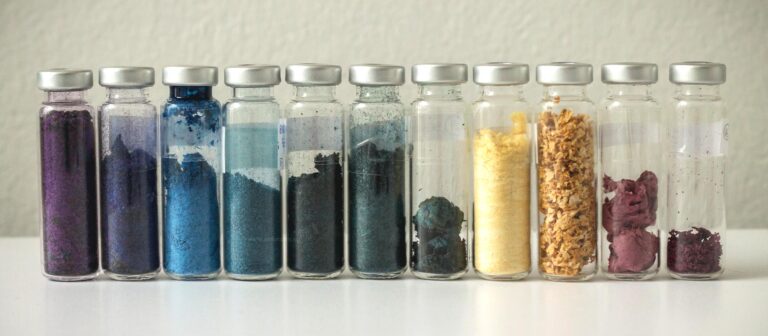The global fashion business, a multi-trillion-dollar industry that employs millions around the world, has long been associated with serious environmental challenges. With 10% of global carbon emissions and massive volumes of pollution and waste, it is evident that reform is required. Algaeing, an Israeli firm, is providing a sustainable solution by leveraging the power of renewable algae to generate biodegradable, non-toxic, and low-energy textiles.
Renana Krebs, CEO and co-founder of Algaeing, was inspired by spending 15 years in the garment industry and experiencing its negative influence. She founded Algaeing in 2016, with the goal of introducing algae as a sustainable alternative to traditional textiles. Because of its eco-friendliness, algae, especially seaweed, is already used in a variety of industries, including food, pharmaceuticals, and biofuels.

Algatech, another Israeli business, provides Algaeing with algae cultivated in indoor “vertical farms” fueled by solar energy and seawater. This technology eliminates the requirement for agricultural land while lowering the carbon footprint associated with standard farming practices. Algaeing is the process of converting algae into a liquid mixture that may be used as a dye or combined with plant fiber (cellulose) to make textiles. This innovative technology enables clothing manufacturers to independently create eco-friendly items.
Several other firms are also investigating the possibilities of algae in textiles, giving interesting choices to the market. Vollebak, for example, makes a biodegradable t-shirt from of eucalyptus, beech pulp, and algae that degrades into compost in 12 weeks. Meanwhile, AlgiKnit is working on producing seaweed yarn.
Algaeing aims to improve the fashion industry’s supply chain by significantly reducing water consumption. Traditional cotton production consumes up to 2,700 liters of freshwater for a single t-shirt, but Algaeing’s fibers use 80% less water. Furthermore, the algae-based dye is non-toxic and allergen-free, which benefits both textile workers and consumers.
While algae-based fibers are now more expensive than traditional options such as cotton, Krebs notes that sustainability and ethical standards provide value to brands. The fashion sector is ready for disruption, and there has been a significant increase in sustainability consciousness in the last five years, attracting investments from many fields such as technology, material sciences, and biochemistry.

Algaeing received the H&M Foundation Global Change Award in 2018 in appreciation of its innovative work, demonstrating the future possibilities of algae-based textiles. Despite rising consumer knowledge and enthusiasm in sustainable fashion, industry-wide adoption remains difficult due to cost issues. Innovators like Algaeing advocate for legislation that encourages circular and sustainable activities while discouraging destructive habits.
Algaeing discovered an unexpected opportunity during the epidemic, in addition to improving fashion materials. Avgol, a nonwoven textile manufacturer focusing in hygiene, medicinal, and PPE goods, cooperated with the company. This displays Algaeing’s adaptation and resilience in dealing with pressing issues while also planning for the greater, longer-term concern of climate change.
Algaeing is pioneering a new generation of products with the goal of making a meaningful, positive influence on climate change while also redesigning the fashion industry’s methods for a more sustainable future.



